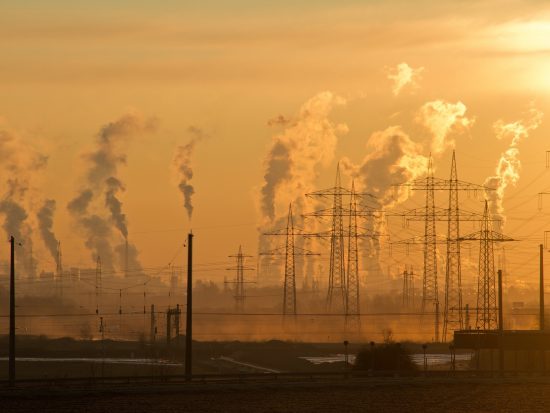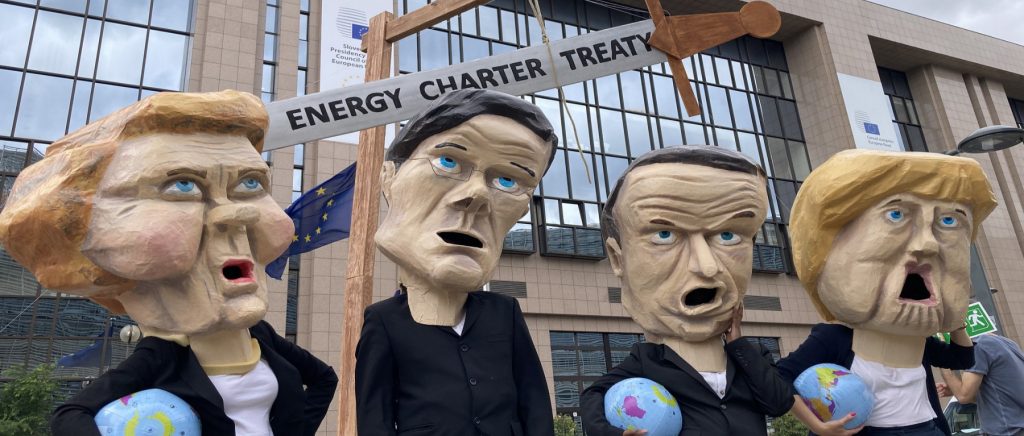Today EU economic affairs ministers reached an agreement in principle on the European Commission’s proposal to leave the controversial Energy Charter Treaty (ECT), an international trade agreement protecting fossil fuel investments. Ministers sent the proposal to the European Parliament for approval.
The discussion on the ECT withdrawal was put on the agenda of today’s Competitiveness Council after the Belgian EU Presidency brokered a deal with the European Commission and member states on an EU exit from the treaty last week, following months of deadlock.
Paul de Clerck, trade expert at Friends of the Earth Europe, commented:
“We have long been warning policy-makers that the ECT is nothing more than a climate-killing treaty, seeking to lock Europe into fossil fuels. After years of campaigning for an exit, we’re glad to see the EU finally coming to its senses. We now call on members of the European Parliament to seal the exit deal and leave this monstrous treaty where it belongs, in the past.”
Under the compromise proposal, the European Union will exit the Energy Charter Treaty while also agreeing to its modernisation, provided other non-EU treaty members support modernisation.
Next step: Members of the European Parliament are set to vote on the proposal in plenary session in April.
About the ECT
The Energy Charter Treaty dates back from the 1990s and grants sweeping rights and protections to big energy investors – mainly fossil fuel companies. The fossil fuel industry is using it to sue governments over their climate policies, through secret tribunals and settlements by commercial arbiters who have an incentive to favour corporations. In Europe alone €350 billion euros worth of oil, gas and coal projects are protected under this treaty. More information is available here.
Related Content
We think you’d also like:

Stop the Energy Charter Treaty
The Energy Charter Treaty (ECT) is a major obstacle to fast and effective action on the climate and environmental crisis. Our transformation to a green and fair society will become harder, slower and more expensive if we don’t stop it.







